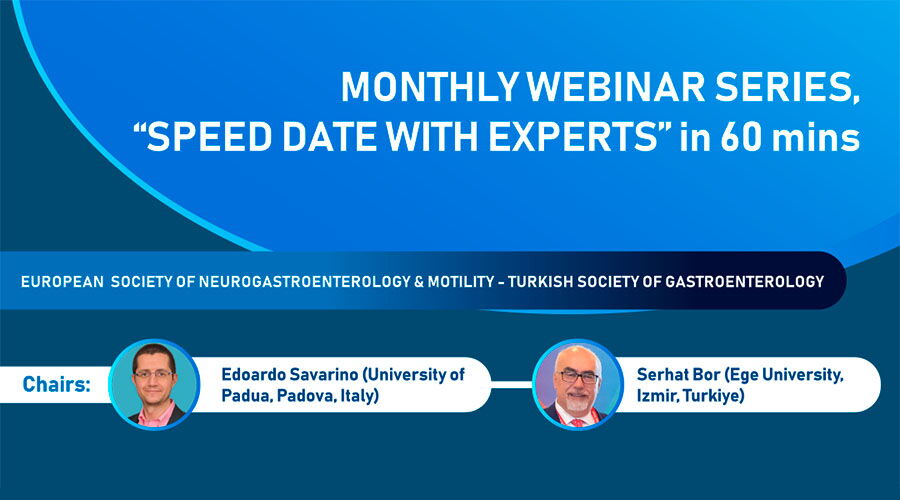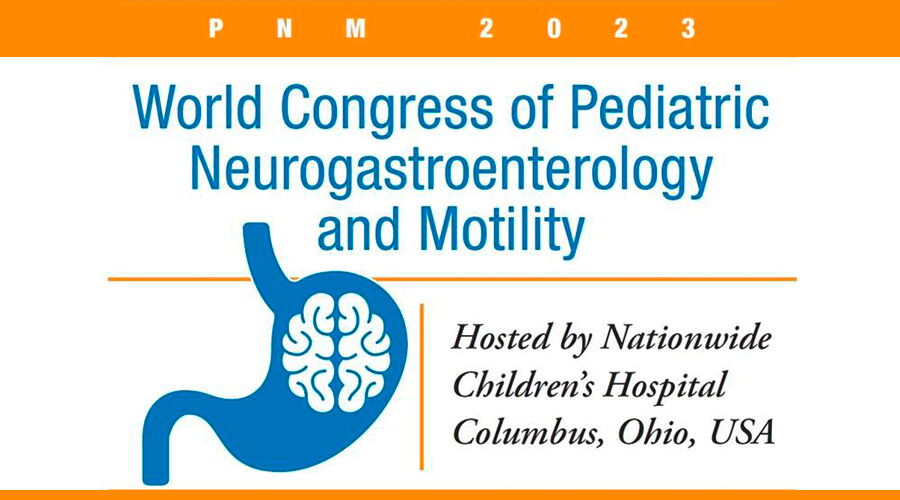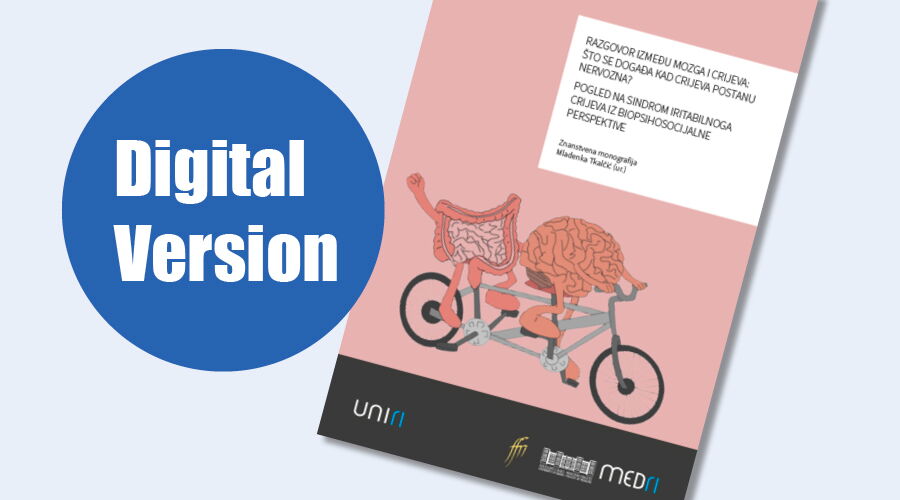News
Significant progress is being made toward diagnosis, evaluation and management of sensori-motor dysfunction, gut microbiota, gut-brain axis, nutrition, eosinophilic esophagitis. Read the most recent news here.
Save the Date: Pediatric Neurogastroenterology and Motility 2023
Continuing the mission of the first World Congress on Pediatric Neurogastroenterology and Motility, held in Australia in 2021, PNM 2023 will be an international, multidisciplinary conference focusing on the latest research and clinical practices in pediatric neurogastroenterology and motility disorders. Save the date on September 7 - 9, 2023 and learn more on the conference website.
Abstract Submission Extended
NeuroGASTRO 2023 is not so far away! Submit your abstract until April 30, 2023 and register today to meet outstanding speakers. Learn more about our latest abstract topics on the meeting website www.neurogastro2023.org. We are looking forward to receiving many submissions!
Esophageal HRM seminar & hands on course by the Israeli Neurogastroenterology and Motility Group
XVIIth LBBB: an extraordinary meeting in extraordinary times
Little Brain Big Brain (LBBB) is a satellite meeting that usually precedes the Federation of Neurogastroenterology and Motility (FNM) Congress. Due to the Corona pandemic, the organising team decided to hold the XVII LBBB meeting as an extraordinary, stand-alone meeting in Heiligkreuztal, Germany, and was now very pleased to see its article on this extraordinary meeting published in Nature Reviews Gastroenterology & Hepatology.
Annual Meeting German Society of Neurogastroenterology and Motility (DGNM)
60 participants from different disciplines joined the 30th annual meeting of the German Society of Neurogastroenterology and Motility (DGNM), which took place at the Diakonieverein Zehlendorf in Berlin from March 3 to 5, 2023.
Digital monograph for patients with IBS
Outstanding Croatian experts and scientists in the field of neurogastroenterology have published the scientific monograph "Brain-gut communication: what's going on when bowel becomes nervous? The view of irritable bowel syndrome from a biopsychosocial perspective", which has now been published digitally.
New Video „ESNM inside“ – interviews with our experts
Talking about Neurogastroenterology & Motility – our video format „ESNM inside“ gives insights into a somewhat underestimated discipline. With this series we want to reach out to young gastroenterologists and medics and raise their interest by talking to experts on the wide field of neurogastroenterology. Watch our latest video with Jutta Keller from Israelitisches Krankenhaus in Hamburg and her work as head of the neurogastroenterology lab.







